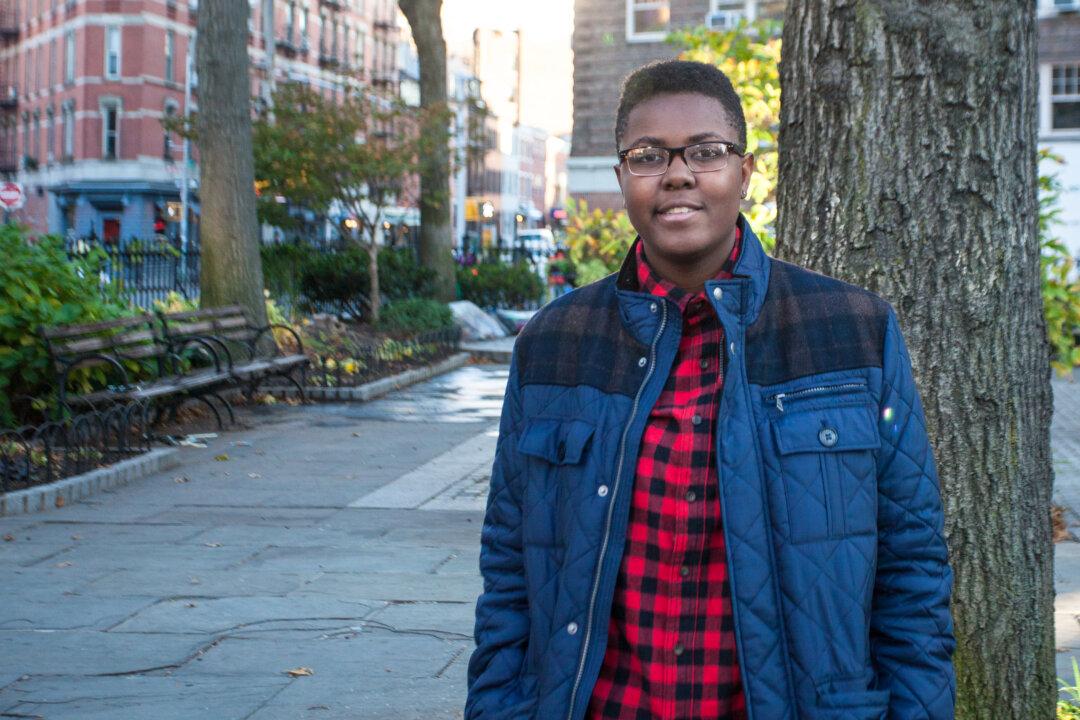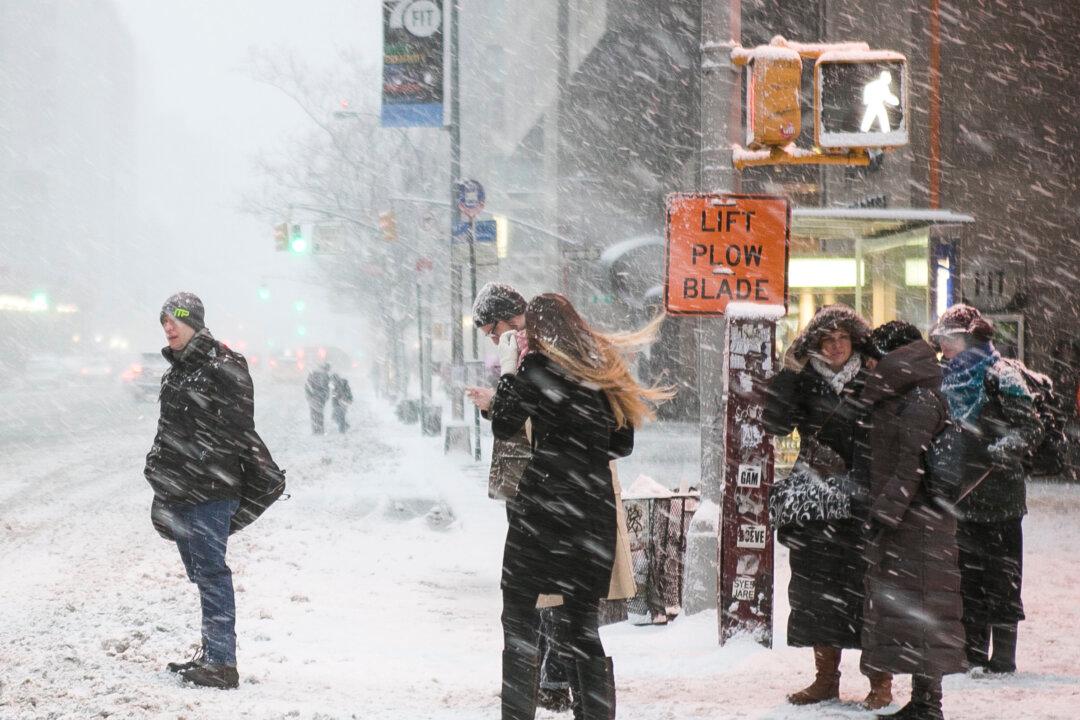NEW YORK—While other 16-year-olds are stressing about their SATs, Victoria Barrett, a high school junior at the Notre Dame School of Manhattan is worrying about how to win her lawsuit against the federal government.
Barrett, a resident of White Plains, New York, is 1 of the 21 youths from across the United States suing the federal government, President Barack Obama, and several federal agencies over the effects of climate change on future generations.
The youth-led lawsuit is invoking panic in the fossil fuel industry. If it succeeds it could open the floodgates for similar environmental actions and cause uncertainty for the industry.
She is currently attending the Conference of Parties 21 (COP 21), being held in Paris between Nov. 30 and Dec. 11, where she will speak at the event Happy Hour with SustainUS and NextGen Climate on Dec. 8.
“My biggest hope right now is probably that at COP21 at the UN Conference on Climate Change, countries come to a definitive legally binding plan on how to lessen the effect of climate change,” Barrett said. “I’m just really hoping that it creates real change and that countries realize what they need to do.”
She asserts that youths would be disproportionately affected by climate change if the federal government does not take action.
“Young people are going to feel the biggest impact of climate change because it’s an issue that as it builds up over time, it’s going to be worse over time,” Barrett said.
“So when my kids or my kids’ kids or even me when I’m older, we’re going to be the ones that are facing the hardships of the natural disaster, the hardships of temperature change.”
Environmental Activism
Barrett started environmental activism three years ago during her freshman year. Her passion was fueled by her wish to help people living in developing countries like Honduras, which she said is suffering the effects of climate change without understanding why it is occurring.
“My family is actually from Honduras, one of the developing countries most affected by climate change,” Barrett said. “Already we see the rising sea levels … especially at the coastal communities.”
In her early years of activism she joined a variety of organizations and started a high school club to improve recycling at the school and promote the benefits of reusable water bottles.




